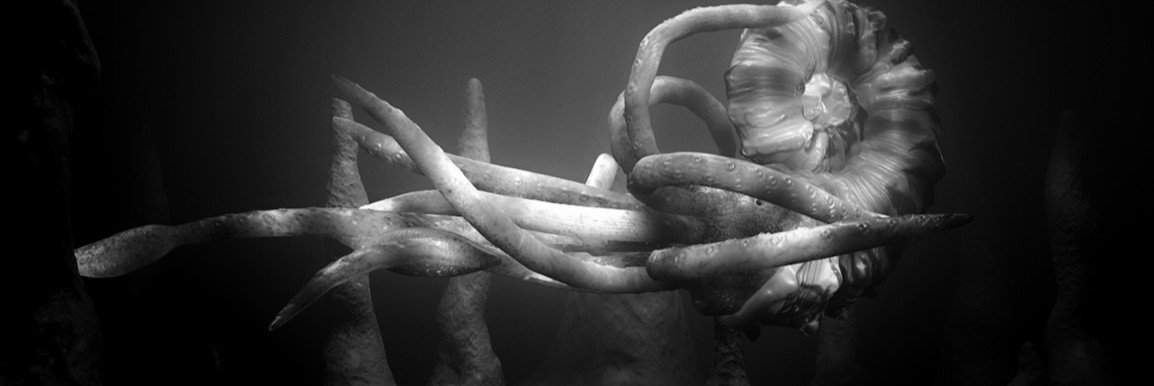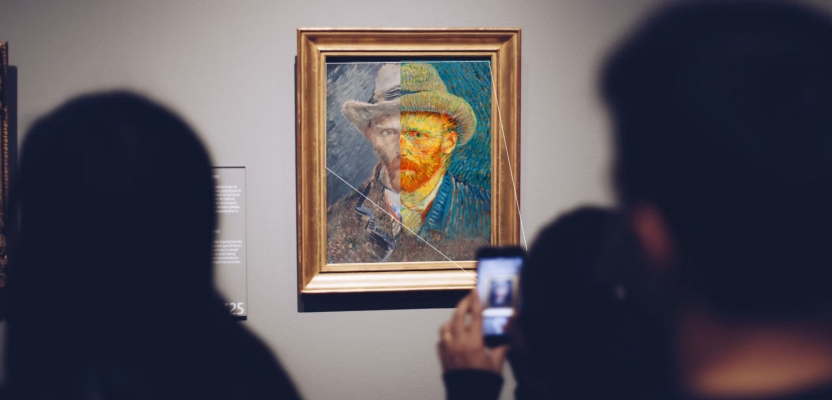Historical centers representing things to come will be an entirely different encounter! On account of the most recent innovation progressions, gallery presentations will be more intuitive, vivid, and custom fitted to every individual's advantages. Being an intriguing time for gallery goers is going.
Computer generated Reality (VR) is quite possibly of the main major advantage in the gallery world. With VR, guests can really step into the past and investigate verifiable destinations, structures, and conditions in a way that was once unthinkable. Envision having the option to encounter what it seemed like to live in antiquated societies, stroll through the roads of verifiable urban communities, and go to significant occasions ever. By wearing a VR headset, guests will be moved to a PC created reproduction of a three-layered climate and have the option to connect with it in an exceptionally sensible manner.
Expanded Reality (AR) is another innovation that will totally upset historical centers. With AR, computerized data can be overlaid on top of actual shows, rejuvenating them in an entirely different way. For instance, guests can perceive how a work of art was made or the way that a verifiable structure thoroughly searched in its heyday. AR will likewise give intelligent encounters, like virtual aides, tests, from there, the sky is the limit. The verifiable exhibition museum of Crete in Greece has proactively fostered an AR application that permits guests to investigate the gallery's assortment in 3D and get familiar with the curios in plain view.
Computerized reasoning (man-made intelligence) will make historical centers considerably more customized. Simulated intelligence fueled chatbots and menial helpers will actually want to give suggestions and encounters in light of every guest's advantages and inclinations. They'll be there to address any inquiries and give interpretations, making route through the exhibition hall a lot more straightforward.
At long last, biometrics innovation like facial acknowledgment and body following will permit exhibition halls to make a really customized insight. For instance, galleries will actually want to perceive guests and adjust the experience to their inclinations, for example, giving sound depictions or captions to the outwardly weakened, or changing the splendor and differentiation of the presentation for individuals with visual impairment.
All in all, the fate of gallery shows is looking brilliant! With computer generated reality, expanded reality, man-made brainpower, and biometrics, guests will actually want to completely drench themselves in the tales, ancient rarities, and craftsmanships in plain view and experience them in manners that were once thought unimaginable. Prepare for an unheard of degree of historical center going!



